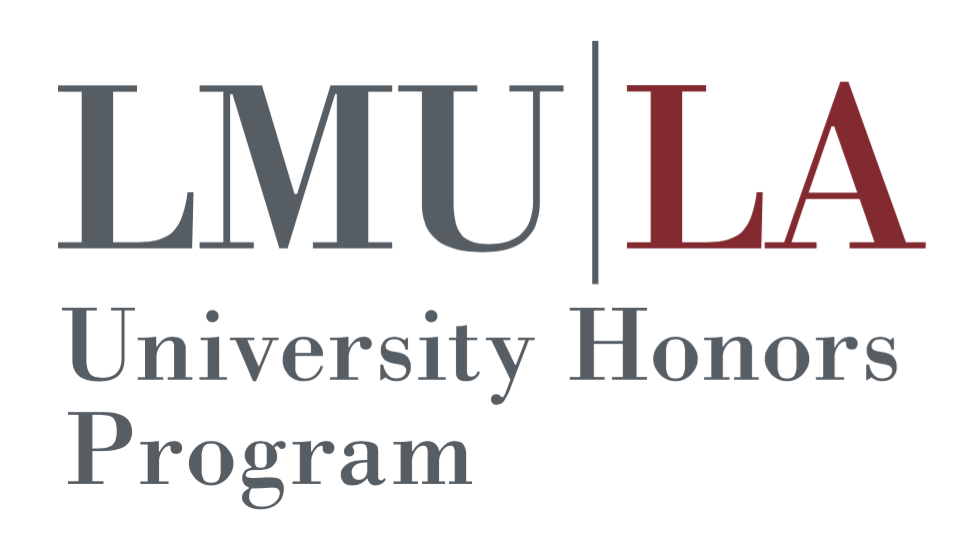Start Date
13-12-2016 11:35 AM
Description
This research proposal looks at how purposefully deceptive "law and order" rhetoric by candidates running for office in Panama affects public perception of crime rates. Unlike other political science research on the topic, this proposal presents a laboratory experiment with a hopeful N = 200 (100 treatment and 100 control). The treatment group will watch a short video that will expose them to a deceptive speech by a "candidate" running for office in a neighboring province on public safety, modeled on speeches by past dictators. Both groups will complete two questionnaires (one immediately after the video and the other 6 months later via email) to gauge the change in their perception of crime in Panama as well as the long-term repercussions of the exposure. A change of opinion towards a higher perception of crime in the immediate would provide experimental support for assumptions done indirectly through electoral results (Shea 2009; Dennis & Druckman 2007; Boas 2010; Chevigny 2003; Koch 1998), while a continuation of these results in the post-6 month survey would point to lack of fact-checking by the electorate—a dangerous habit for the populace of a developing democracy. I believe I am uniquely qualified to perform this pilot study because of my knowledge of the political situation in Panama and my familiarity with the Spanish language and Latin American cultures. The total budget for this research design is $4400 USD.
"Feel As I Say": The Effect of Deceptive Rhetoric on Perceptions of Crime in Panama
This research proposal looks at how purposefully deceptive "law and order" rhetoric by candidates running for office in Panama affects public perception of crime rates. Unlike other political science research on the topic, this proposal presents a laboratory experiment with a hopeful N = 200 (100 treatment and 100 control). The treatment group will watch a short video that will expose them to a deceptive speech by a "candidate" running for office in a neighboring province on public safety, modeled on speeches by past dictators. Both groups will complete two questionnaires (one immediately after the video and the other 6 months later via email) to gauge the change in their perception of crime in Panama as well as the long-term repercussions of the exposure. A change of opinion towards a higher perception of crime in the immediate would provide experimental support for assumptions done indirectly through electoral results (Shea 2009; Dennis & Druckman 2007; Boas 2010; Chevigny 2003; Koch 1998), while a continuation of these results in the post-6 month survey would point to lack of fact-checking by the electorate—a dangerous habit for the populace of a developing democracy. I believe I am uniquely qualified to perform this pilot study because of my knowledge of the political situation in Panama and my familiarity with the Spanish language and Latin American cultures. The total budget for this research design is $4400 USD.





Comments
Mentor: Jennifer Ramos, Ph.D.